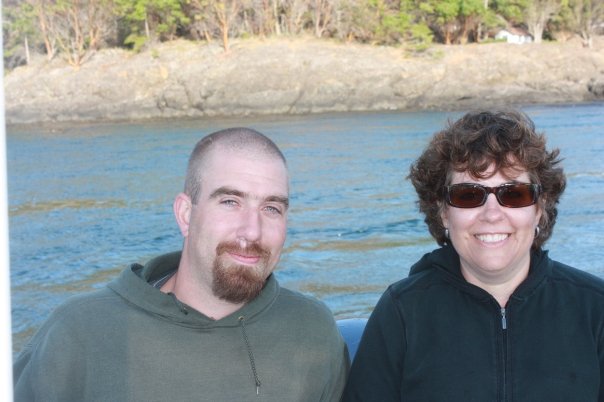MT Senate Praised for Rejecting Physician Imprisonment Act Opposed by 88% of Voters
Bill would have stripped dying Montanans of access to a peaceful death, subjected doctors who provide medical aid in dying to homicide charges
Feb 22, 2023 Baxter v. Montana
Montanans representing 88% of state voters who oppose legislation that would subject physicians to homicide charges if they provided medical aid in dying to terminally ill adults who requested it, praised the state Senate for rejecting the bill, SB 210, in a 24-26 vote Wednesday. Homicide is a felony crime that in Montana carries a minimum sentence of 10 years in prison and a maximum sentence of the death penalty. The Senate granted preliminary approval of the bill, 26-24, during its second reading on Tuesday, but reversed course today when two senators changed their vote from Yeah to Nay during its third and final reading Wednesday, killing the bill for the 2023-2024 session.
The vote follows news stories published on Tuesday about a new survey of 601 registered voters in Montana conducted Feb. 6-12 by an award-winning GOP firm, Susquehanna Polling & Research, showing 88% of voters oppose SB 210 (a/k/a the Physician Imprisonment Act). This majority overwhelming opposition spans the political spectrum. It includes a majority of self-identified pro-life voters (86%), self-identified pro-choice voters (88%), voters with a disability (94%), firearm owners (89%), self-identified Republicans (89%), self-identified Democrats (87%) and unaffiliated voters (87%). In addition, the poll shows that 83% of Montana voters support maintaining the legal option of medical aid in dying in Montana and 74% personally want this end-of-life care option, including 66% of pro-life voters.
“We thank the Senate for respecting the supermajority of Montana voters – right, left, and center, across the political spectrum – who oppose this draconian legislation to imprison physicians for honoring their patients' end-of-life care wishes,” said Callie Riley, Northwest Regional Advocacy Manager for Compassion & Choices. “Medical aid in dying is here to stay in Montana. We urge opponents of this option to smell the coffee and recognize it would be pointless to introduce the Physician Improvement Act again because Montana lawmakers have repeatedly rejected it every legislative session since 2009.”
Medical aid in dying has been authorized in Montana since 2009, as a result of the Montana Supreme Court ruling in a lawsuit, Baxter v. Montana, filed by Compassion & Choices on behalf of a terminally ill truck driver and Marine Veteran, Bob Baxter, from Billings. The court ruled in the case on Dec. 31, 2009, that: “In conclusion, we find nothing in Montana Supreme Court precedent or Montana statutes [which would include the assisted suicide statute enacted in 1981] indicating that physician aid in dying is against public policy … Furthermore, the Montana Rights of the Terminally Ill Act indicates legislative respect for a patient’s autonomous right to decide if and how he will receive medical treatment at the end of his life.”
Sadly, Bob Baxter died the very day the judges ruled in his favor and was unconscious when the phone call came to notify him of the court’s decision. Ironically, eight years later, his 36-year-old grandson, TJ Mutchler, was able to utilize medical aid in dying to peacefully end his suffering from terminal metastatic pancreatic cancer on Feb. 19, 2017 (see TJ’s story and video here).

TJ and his mother Leslie Mutchler in 2009
“We were fortunate that TJ had a relationship with a physician that would provide him the medication,” said TJ’s mom and Baxter’s daughter, Leslie Mutchler, a family nurse practitioner in Billings.
“However, because of the continued threat of laws to criminalize medical aid in dying, physicians are reluctant to provide this service. I ask that Montana’s state legislators continue to leave this personal, end-of-life option where
it belongs, with terminally ill patients, in consultation with their family and physicians, physicians who should not have the fear of potentially being charged with homicide looming over them.”


